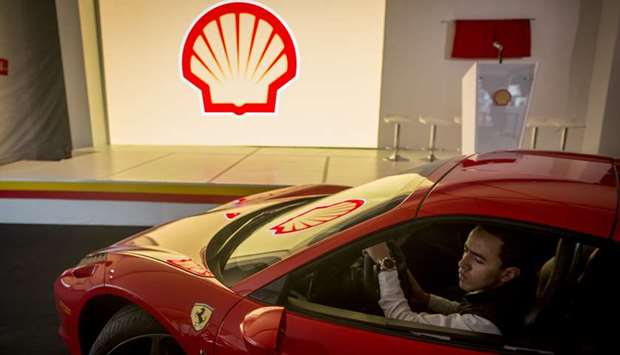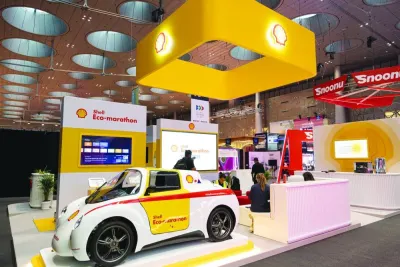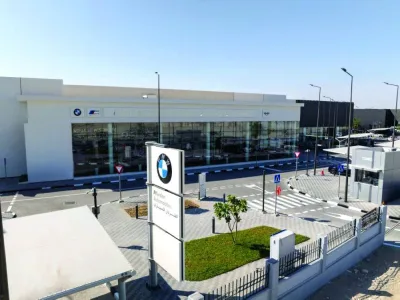Royal Dutch Shell Plc said it won’t continue with the next phase of its share buyback programme, joining a growing list of energy companies enacting cost savings to weather the market crisis.
Oil and gas producers across Europe have taken the ax to investor returns as the coronavirus pandemic and the Saudi-Russia price war threaten balance sheets. Crude prices have plunged to the lowest levels in almost two decades, just as companies emerge from a previous slump that left them with burgeoning debts and reduced spending programs.
Shell said on Monday it was taking “immediate steps to ensure the financial strength and resilience” of its business. While the company is not abandoning its buyback entirely, completion of the programme is “not likely to be feasible before the end of 2020.”
The move follows similar steps by Italy’s Eni SpA and Norway’s Equinor ASA. It was announced in tandem with several other measures, including a reduction in capital spending and operating costs.
Shell’s change of plan comes as little surprise. Chief executive officer Ben van Beurden warned earlier this year that the company would probably miss its buyback target if the macroeconomic environment didn’t improve. The oil major, which was $10bn short of its buyback goal at the time, said it would not repurchase more than $1bn in its next tranche.
Shell’s B shares fell as much as 4.5% on Monday, and were down 3% at 1,002.4 pence as of 10:03am in London.
The company sees a reduction in 2020 cash capital spending to no more than $20 billion from the planned $25 billion. It also expects to cut underlying operating costs by between $3 billion and $4 billion over the next 12 months from 2019 levels.
The measures are expected to contribute as much as $9 billion of free cash flow on a pretax basis, according to a statement. Shell said it’s still committed to its divestment programme of more than $10 billion of assets in 2019-20 but timing depends on the market. Across the oil and gas industry, companies are reining in spending amid the market crash. Exxon Mobil Corp. is planning a slowdown in its expenditure programme, while European counterpart BP Plc said it would reduce capital and operational spending.
Equinor halted a $5bn buyback program on Sunday and said it’s cutting capital investments, exploration expenses and other costs after signaling last week all were under review. France’s Total SA stopped its share-repurchasing program, saying the move would save $1.5bn this year.
Swimming against the tide is Russia’s biggest oil producer, Rosneft PJSC. The company said the crude price slump makes buybacks attractive, as it simplified the procedure for its repurchasing programme. Rosneft stock has fallen to a perfect level for buybacks, according to Chief Financial Officer Pavel Fedorov.
Shell’s announcement made no mention of the dividend. The Anglo-Dutch major is the FTSE 100’s most generous dividend payer. Its yield has jumped to almost 15%, a signal that shareholders see the stock as risky.
RBC analyst Biraj Borkhataria said he believes the company has a big enough balance sheet to survive the current environment, “but if this outlook was to last for more than 9-12 months, we would expect a cut.” Morgan Stanley warned last week that slashing spending and buybacks might not be enough to protect Big Oil’s dividends.
Cutting the dividend is a measure of last resort in the oil industry. The payout is one of the biggest attractions to the stock, which has fallen out of favor amid investor and societal pressures as climate-change concerns mount.
Shell has not cut its dividend since the Second World War.

An attendee drives a vehicle into the Royal Dutch Shell gasoline station in Mexico City, Mexico. While the company is not abandoning its buyback entirely, completion of the programme is u201cnot likely to be feasible before the end of 2020u201d, Shell said yesterday.


